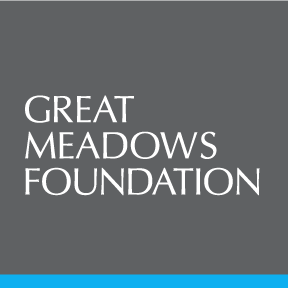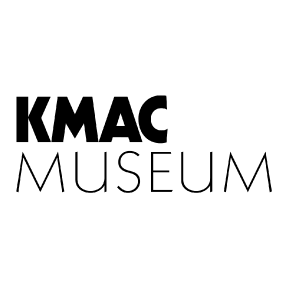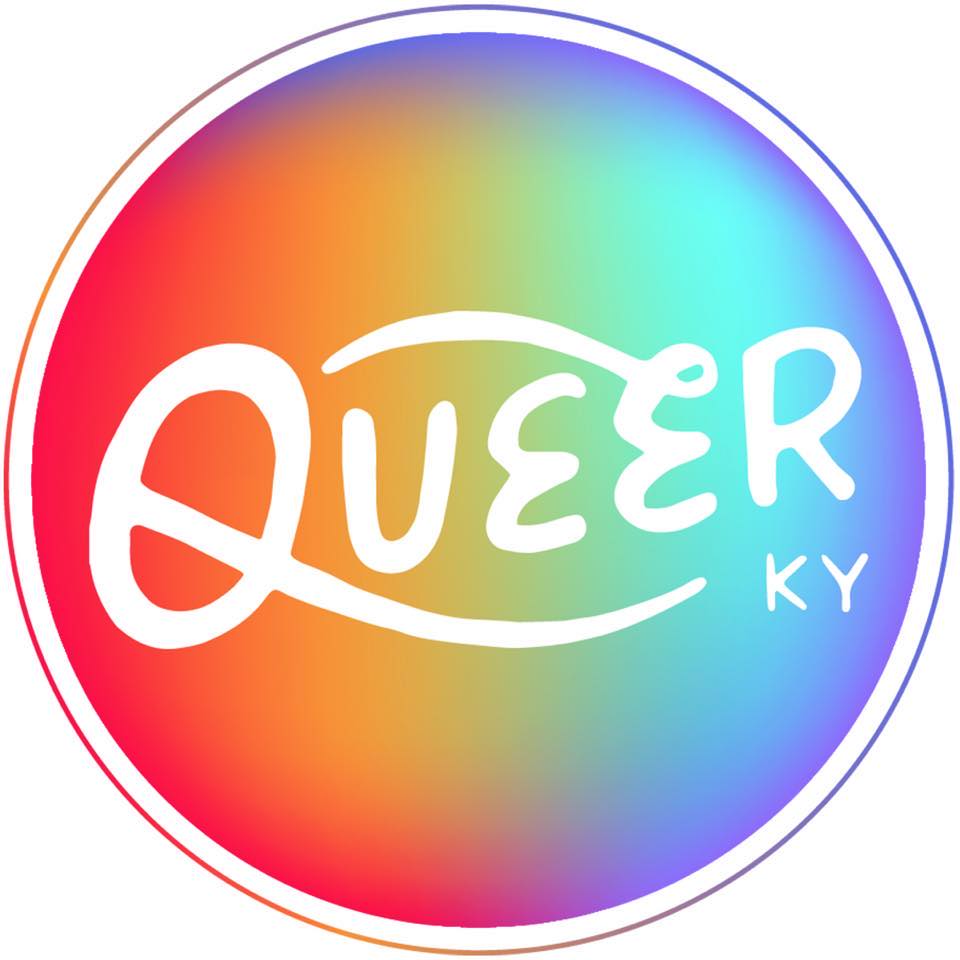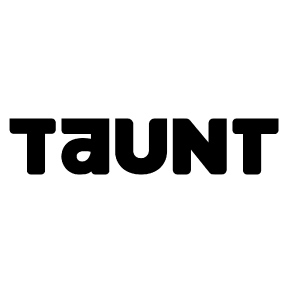
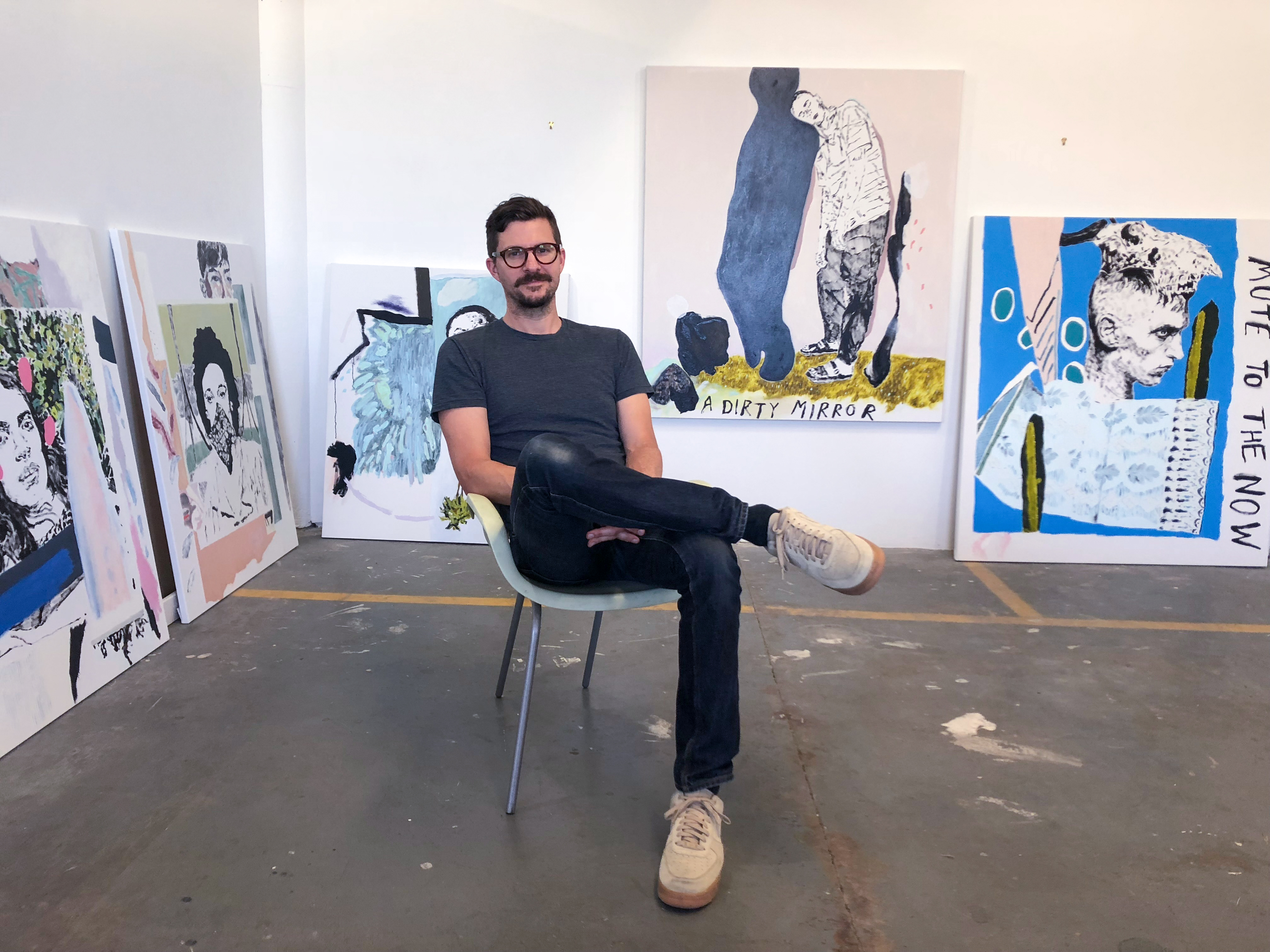
ABOVE: John Brooks in his studio. Photos below courtesy of John Brooks.
︎ Quappi Projects, Louisville
SPEAKING: John Brooks
Q&A
with Mary Clore
Within his paintings, artist John Brooks merges found images with text, often derived from his own writing. He also operates Quappi Projects, an art gallery named after Mathilde “Quappi” Beckmann, wife of German Expressionist painter Max Beckmann. This spring, Brooks traveled to Berlin through an Artist Professional Development Grant from Great Meadows Foundation. Upon his return, Mary Clore joined Brooks in his Portland studio for a conversation about the experience.
MC: What it's like to be an artist living and working in Louisville?
JB: It's getting more interesting. I've been here on and off since 2002, with several years in London and Chicago. I’m here now in a more permanent capacity, and it's definitely gotten more exciting in the last couple of years. I moved into this studio building in Portland in 2016 where I have this great space in this building with wonderful artists. I opened Quappi Projects in 2017, so that's kept me also engaged in the community in a different, more intense way. Beyond that, I feel like there is a renaissance of energy around the arts community in Louisville.
MC: Do you think that the way that artists are interacting with each other is changing as well?
JB: I feel that it is. I don't know what it was like 15 or 20 years ago, but I feel like in the last couple of years I have met so many more artists—artists who are older than I am, but also a lot of artists who are younger than I am. I think that has to do with KyCAD and UofL, and also maybe the city in general is attracting some younger people and I feel like that energy is palpable. I wouldn't say that I feel isolated as an artist, which is great.
MC: You recently visited Berlin on an Artist Professional Development grant from Great Meadows Foundation. Why did you choose Berlin and what were some of the intentions for your trip?
JB: There are so many artists associated with Berlin that are important to me, from Thomas Mann to Christopher Isherwood and Robert Walser. After World War I, Berlin was the center of European modernity, and it was a very free city then. It was very gay, very queer. I think of authors like Stefan Zweig, whose writing between the world wars is particularly prescient right now—he foresaw what was coming in the Second World War and was trying to get people to pay attention. Visual artists, like Ernst Ludwig Kirchner and Beckmann and all of the Expressionists, were the first real hook for me in terms of what made me want to be an artist. And of course, there are so many great contemporary artists associated with Berlin, from Richter to Baselitz, and Wolfgang Tillmans—the list just goes on and on. There’s such a rich intellectual history and history of art. All of that is still there to be tapped into. I've been fortunate to spend a fair amount of time there, but the city never gets stale. When I’m there, I feel completely engaged in the creative parts of my brain. I’m surrounded by all of these things that are stimulating, but it's not overwhelming and I’m able to channel that into something substantive.
There's nothing else like Berlin because of the fact that it was almost completely destroyed during World War II, then divided and then reunified. You still feel all of those things in the city. There's so much context, so much history. It feels really complicated, but at the same time, it is a city that feels totally free. I think that undoubtedly has to do with those experiences. It has to do with an openness to ideas and different people. It's very multicultural. Also, historically, at least since 1945, it's been a very poor city. Now that’s changing a little bit, but you don't have much of a sense of elitism, which is not the case in most major cities. I had some amazing experiences in London, but you definitely understand that there is another echelon that is not accessible to you, or several echelons. In Berlin, you just don't feel that. Whatever you are, whatever you're interested in, it's open to you, and that's amazing.
MC: What kinds of experiences did you set up during your time there, and how did those things connect to your own artistic practice?
JB: I saw an Emil Nolde exhibition at the Hamburger Bahnhof. I'm very interested German Expressionist artwork, but also in that time period and the political ramifications of everything surrounding that. There were also two other shows at the Hamburger Bahnhof: an American artist named Jack Whitten who just died but I’d regrettably never heard of, and a contemporary German artist, Andreas Mühe, whose work deals with his ancestry and German guilt. I contacted my former teacher, Norbert Bisky, and he informed me about Gallery Weekend, which is a weekend-long event at the end of April—almost like an art fair, but across various galleries in the city. I came that weekend to see and be immersed in all of these things. There was so much going on.
MC: Were there any unexpected outcomes or surprises?
JB: I wasn't surprised by how much fun I had. I did, surprisingly, end up going to Berghain, which is sort of the unholy temple of house and techno music. It's this huge club in East Berlin near the Ostbahnhoff. I had never been there at night—it starts so late. You have to get there at one-thirty in the morning and it really doesn't get going until like three-thirty. Everything that's going on there is art—the dancing is art, music is art—but also they have an incredible art collection there in this nightclub. They get government funds as a cultural institution. The night before I left, I went by myself. It was exciting, and I did something that is beyond my parameters, which I think is the purpose of these grants—to give you space and time and money to do things that you wouldn't normally do.
MC: How does travel benefit you as an artist based in Louisville? You mentioned being rejuvenated creatively, but what other benefits come out of that?
JB: I think travel is absolutely necessary for life, whether you're an artist or not. So many of our problems as human beings stem from ignorance—and I mean that in the true sense of the word—or a lack of understanding about things that are different from you, and travel helps you move through that. You find that there are wonderful people everywhere.
MC: The opportunity to apply for travel grants is such a wonderful thing for artists in this city. Of course, all kinds of other barriers can come up to prevent people from traveling. I was wondering—what other experiences have you found valuable developing your practice, especially when you are unable to actually pick up and go somewhere?
JB: I always say that as an artist, I am both always and never working. Making art is work, and if you don't view it that way, then you're not going to be successful—whatever that means—because it is work. It takes time and effort and energy, but at the same time, it's also not something that when you go home afterward, you just turn off. As an artist, you should always be looking and listening and watching and questioning, and I don't feel like that ever stops. So, if you're not looking at things with that mindset, I think you are doing yourself a disservice because you're missing things and you never know how those things, if you pay attention, can be applied to your practice.
I also recommend just talking with other artists and certainly going to exhibitions. One great thing about living in Louisville is that everyone is open. If you want to be involved with something, it takes one or two steps and then you're there, you can be engaged with it. I think that's one of the best things about a city of our size as opposed to somewhere like New York where there are way more opportunities, but it's also much more difficult to meet people and get invited to things.
MC: For the most part, would you say it’s a matter of showing up?
JB: I think so. You can't really wait. You have to show up and you have to do the work. People respect that, and you just don't know what will come out of it. Just speaking for myself, I wasn't sure what was going to happen when I took the studio here, but that led into opening Quappi Projects, which now is going on to a new chapter in NuLu in a few weeks. None of those are things I would have predicted two or three years ago.
MC: What other exciting things around the corner for you?
JB: I have a solo show of my work at Moremen Gallery opening Friday, July 19 titled A Map of Scents. We're sitting here surrounded by all of it. Then Quappi Projects is moving to the 800 block of East Market Street this summer. The first show, ((heat)), is going to open July 26 featuring Letitia Quesenberry. I am not necessarily interested in being a fulltime gallerist, but I’m also ready and willing to give as much to it as necessary. I have a number of really, really cool shows lined up for the space, so it’s going to be a totally different experience for me moving forward. I'd like to say thank you so much to Al Shands and the Great Meadows Foundation, Julien Robson. It is such a gift that we have this available to us. I was explaining to people in Berlin how I was able to be there and why I was there, and they were amazed. The word is spreading about the good things happening in Louisville. Thank you.
-
To learn more about Quappi Projects, visit their website: https://www.quappiprojects.com/
For more on John’s upcoming show at Moremen Gallery, A Map of Scents, visit their website: https://www.moremengallery.com/
Mary Clore
Development & Outreach Editor, Contributor
5.25.19
Bernar Venet, Indeterminacy. On view at Blain|Southern Berlin.
John Brooks participating in JR’s Inside Out Project on Auguststrasse.
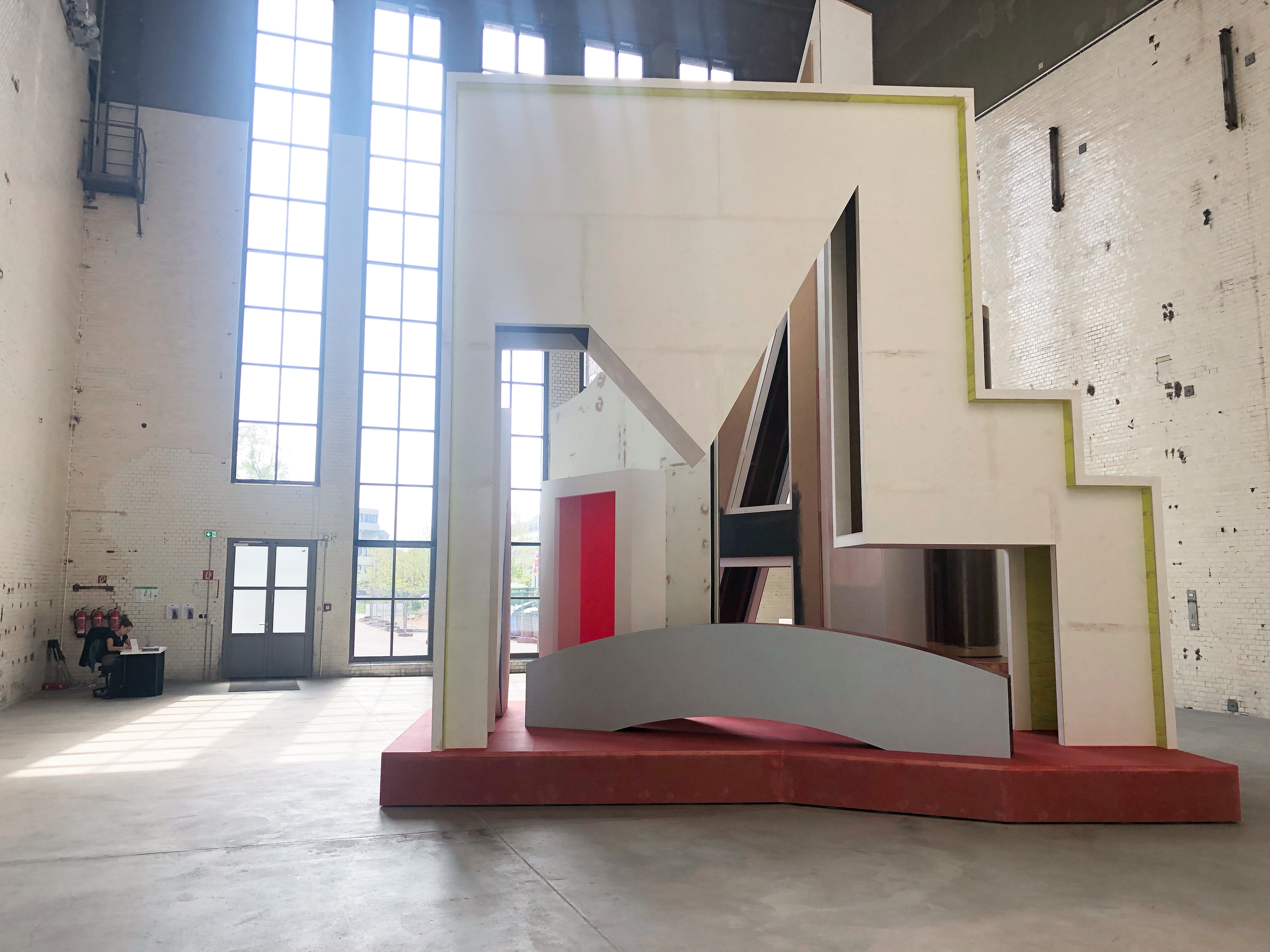
Thomas Scheibitz, Platform mit Halbfigur, on view at KINDL.



